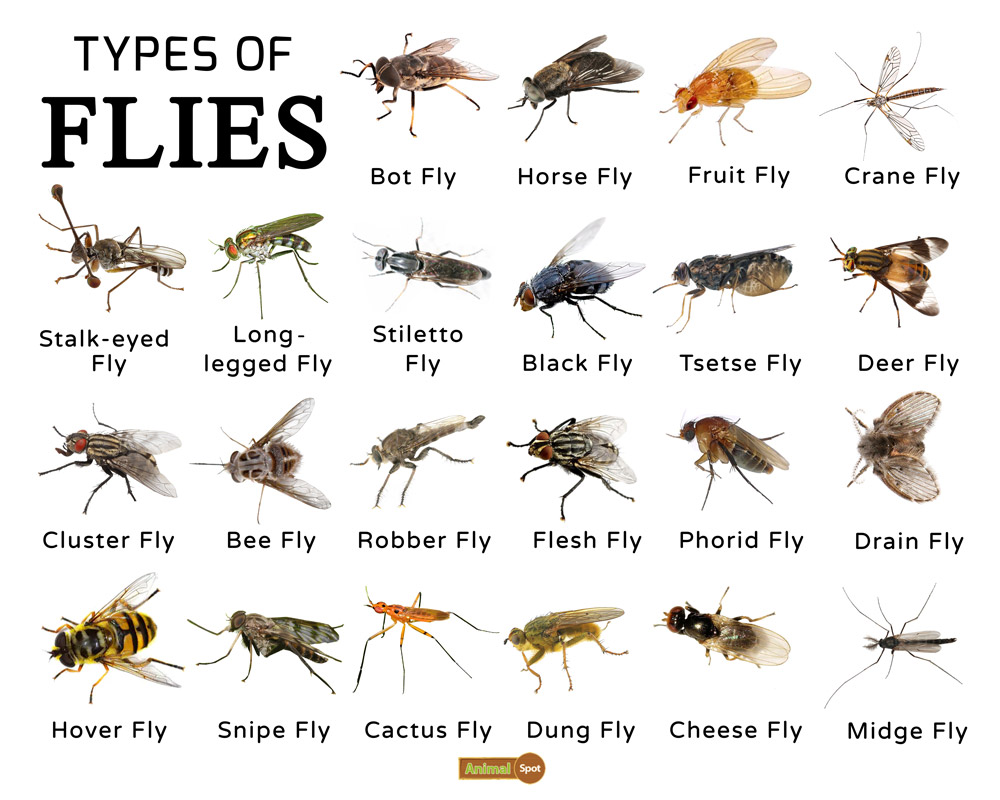If you’ve ever puzzled over whether to use “flys” or “flies” in your writing, you’re not alone The confusing difference between these two words trips up many English speakers and writers. Read on for a clear explanation of when to use “flies” versus “flys” along with handy examples
“Flies” is the Correct Form
First, the basic rule: “flies” is the proper spelling. “Flys” is incorrect in standard English grammar.
“Flies” has two uses
-
The plural form of the noun “fly” meaning an insect. For example: “There were flies buzzing around the picnic food.”
-
The third person singular present tense conjugation of the verb “to fly” meaning to move through the air For example “The bird flies south every winter”
Meanwhile, “flys” has no accepted uses in modern English. It’s simply a common misspelling of “flies.”
Why the Confusion Exists
The tricky thing about English is that pluralization and verb conjugation rules aren’t always consistent or predictable.
Most plural nouns simply add an “s” or “es.” Since “fly” ends in a “y,” it’s logical to guess that the plural would be “flys.”
But “fly” is one of the exceptions where the “y” changes to “ie” before the “s” when pluralized.
For verbs, the third person singular usually ends in “s.” So it’s easy to mistakenly spell the present tense of “fly” as “flys.”
Examples of Proper Usage
Let’s look at some examples to crystallize when to use “flies” versus “flys”:
-
Correct: The flies were buzzing around the trash cans, trying to land on the rotting garbage inside.
-
Incorrect: The flys were buzzing around the trash cans, trying to land on the rotting garbage inside.
-
Correct: The fly flapped its little wings as fast as possible to stay airborne.
-
Incorrect: The fly flys its little wings as fast as possible to stay airborne.
-
Correct: When the season changes, the bird flies thousands of miles to warmer areas.
-
Incorrect: When the season changes, the bird flys thousands of miles to warmer areas.
Why Proper Spelling Matters
Using words correctly might seem trivial, but proper spelling is important for several reasons:
- Demonstrates mastery of the English language
- Helps convey your meaning precisely
- Enhances professionalism and credibility
- Improves clarity for the reader
- Reflects attention to detail in writing
Since “flys” is definitively incorrect, it’s best avoided in all formal writing contexts.
Common Questions About “Flies vs. Flys”
Here are answers to some frequently asked questions:
Is “flys” ever acceptable?
No, “flys” has no correct usage in standard English.
How can I remember which spelling to use?
An easy way to recall is the phrase “Time flies.”
Are there other words that follow this spelling pattern?
Yes, “fly” isn’t unique. Other words like “baby/babies” and “lady/ladies” also change from a “y” to “ies” when pluralized.
What about spellcheckers?
While helpful, spellcheckers won’t catch every improper usage of “flys.” Knowing the rule yourself is most reliable.
In Summary…
The key points to remember are:
-
Use “flies” for the plural insect and the 3rd person present tense verb.
-
“Flys” is always incorrect – it’s a common spelling error.
-
Mastering subtle spelling intricacies like “flies vs. flys” will improve your written communication skills.
So next time you’re writing about those buzzing bugs or describing flight, you can confidently use “flies” instead of the incorrect “flys.” Knowing spelling rules inside and out will make you a better, more meticulous writer.
The grammar and usage of Flys and Flies,
- A Complete Guide to Caring for Yuki Cherry Blossom Shrub - January 23, 2025
- Identifying Red Hot Poker Seeds: What to Look For When Harvesting Torch Lily Pods - January 23, 2025
- A Complete Guide to Harvesting Evening Primrose Seeds - January 23, 2025

